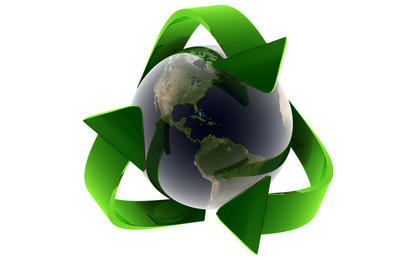
Ok, there is much talk about sustainability in the world. The first question you have to ask is what is sustainability? If you’re like me, then images of long haired hippie (granola) types wearing tie-dye shirts with sandals, spending every waking moment of free time outside may come to mind. These people promote every political agenda that is anti-business and anti-establishment and for them the idea of sustainability is directly intertwined with environmentalism.
As I’ve discussed before, this is not a political blog… and today’s take on sustainability is decidedly not related to environmentalism. Sustainability from the perspective of a Professional Individual Contributor is now related to maintaining what you have built without the system breaking down.
Sustainability, if looked at in its pure form, is not a bad thing, in fact it’s a very good thing. For the purposes of this post, sustainability is maintaining your status quo – including quality of life growth – indefinitely or at least until you are ready to exit this mortal plane. It’s continuing to drive that halfway decent car, it’s continuing to live in the nice house in the decent neighborhood. It’s continuing to get a definable quality of life improvement.
Sustainability in our career means that we would like to be able to maintain a position that utilizes our skills without the fear of loss. Is our workload sustainable? Generally no, the workload we are given is continually increased as a component of the industrial and financial systems designed to apply pressure to drive productivity up. Information systems, more streamlined processes, and better focus should be the core components of improved productivity, but all too often decision makers apply the sort of pressure that gets translated into higher workloads for individuals. It’s simply easier to get people to answer one more call, do one more work order, etc.. rather than come up with a more productive system. So although productivity through better processes does happen, so does enhanced workload on the contributor.
Are our expectations sustainable? Well, if you live in America the answer is no. The rest of the world is catching up to what used to be the unassailable United States. Conceptually, generations of Americans were taught that if you went to school, got an education, went into the workforce, you would wind up with a higher quality of life than your parent’s generation. This is no longer the case.
Is our education sustainable? Actually, no. That degree you spent four years working for isn’t getting what you were promised it would get you. Currently we need to go up the educational ladder or go down the ladder because the traditional route of a Bachelor’s degree and a good job is gone with the wind. If you have a Bachelor’s degree, then your problem may be that you require more education. That degree isn’t sustainable for the long term. It may get you the first job at a company but it’s definitely not the degree that will send you into management or a highly paid trades based position on the shop floor. The real problem happens once you have experience but still ‘only’ a Bachelor’s, and now you’re competing with those who got that Masters degree or higher.
If the output of our expectations, education, even our current work environment, aren’t good enough then they all feed into a lifestyle that’s unsustainable. The question we have to ask ourselves is three fold. 1) What do we need to do to get to the point where we can sustain our current quality of life and possibly grow it with some form of consistency? 2) Is that even possible with our personal mix of education, experience, and opportunities? And 3) If it’s not possible, then what can we do to blunt the impact of a non-sustainable quality of life?
